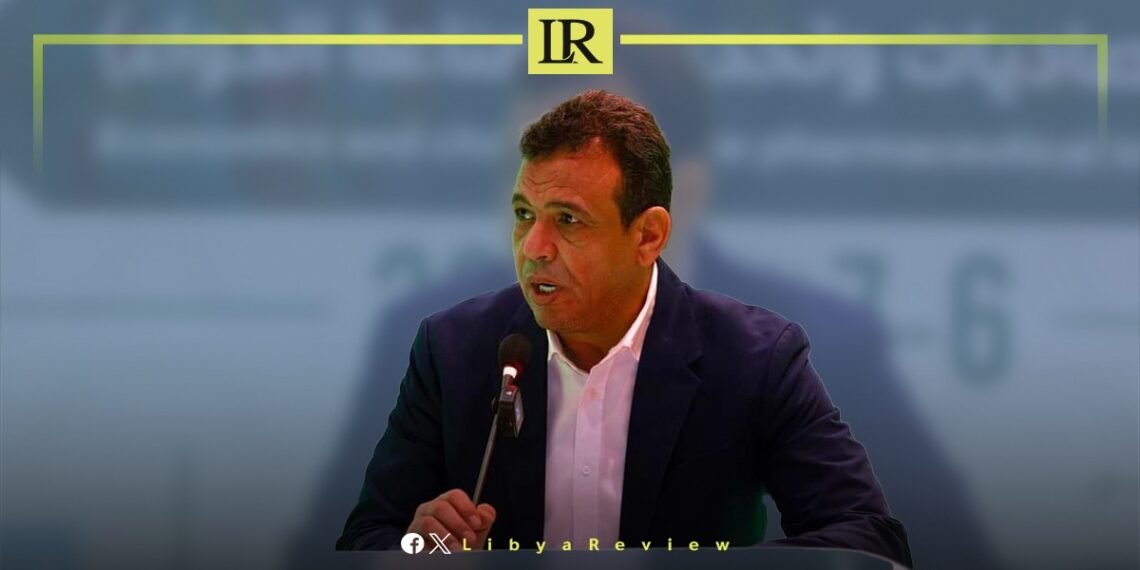The first Libyan International Pharmacy Conference commenced today, Saturday, organized by the Ministry of Health under the Government of National Unity (GNU).
The conference, themed “Economics and Challenges of the Pharmaceutical Industry,” aims to enhance cooperation and exchange expertise in the field of pharmacy both locally and internationally.
The conference, held on July 6-7 in Tripoli, will address several key issues related to the development of the pharmaceutical sector.
Key topics include opportunities for localising pharmaceutical manufacturing, local pharmaceutical manufacturing experiences, the relevance of pharmaceutical economics for decision-makers, medical supply chains, pharmaceutical product registration, the application of “GS1” standards in pharmaceutical supply chains, the European model for developing generic pharmaceutical products, Saudi Arabia’s experience in manufacturing oncology drugs, and pharmaceutical regulation in Libya from inception to development, as well as the official mechanism for importing medicines through the Medical Supply Authority.
The conference also features panel discussions where experts and decision-makers will discuss various topics related to the challenges of local pharmaceutical manufacturing.
Libya has been in chaos since a NATO-backed uprising toppled longtime leader Muammar Gaddafi in 2011. The county has for years been split between rival administrations.
Libya’s economy, heavily reliant on oil, has suffered due to the ongoing conflict. The instability has led to fluctuations in oil production and prices, impacting the global oil market and Libya’s economy.
The conflict has led to a significant humanitarian crisis in Libya, with thousands of people killed, and many more displaced. Migrants and refugees using Libya as a transit point to Europe have also faced dire conditions.
The planned elections for December 2021 were delayed due to disagreements over election laws and the eligibility of certain candidates. This delay has raised concerns about the feasibility of a peaceful political transition.
Despite the ceasefire, security remains a significant concern with sporadic fighting and the presence of mercenaries and foreign fighters. The unification of the military and the removal of foreign forces are crucial challenges.


